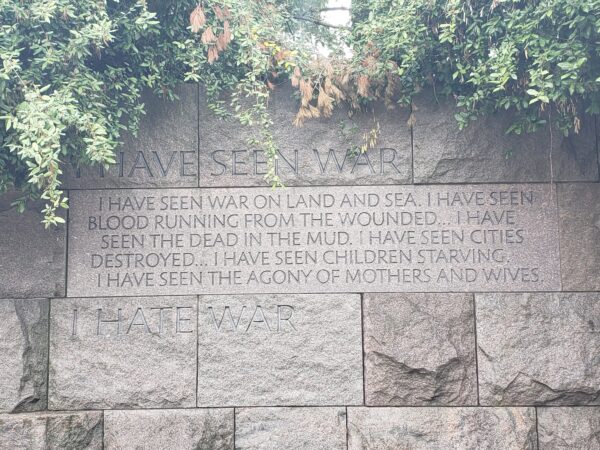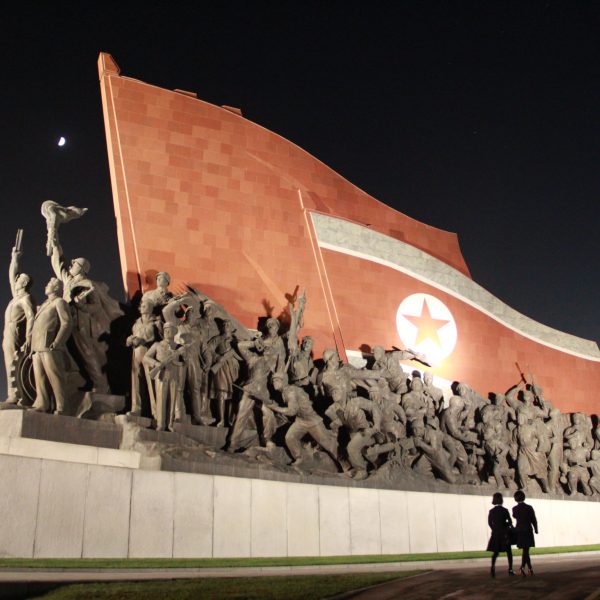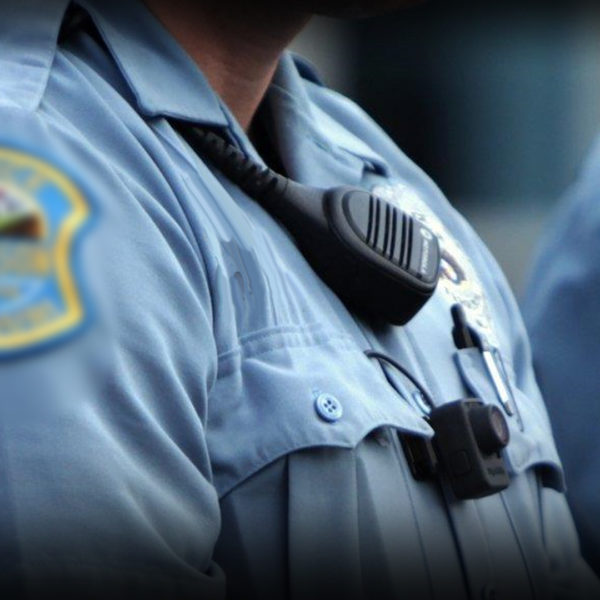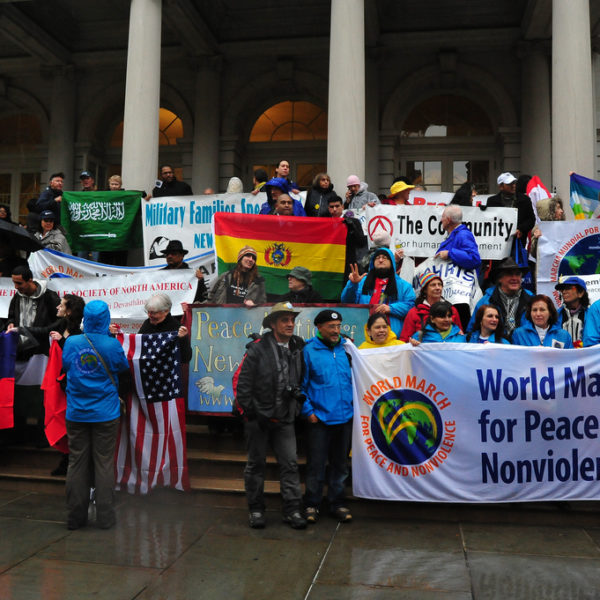
Pope Francis proclaims: “There was a time, even in our churches, when people spoke of a holy war or a just war. Today we cannot speak in this manner.” Yet, we can and have been invited by Francis and others to speak in the manner of centering nonviolence.
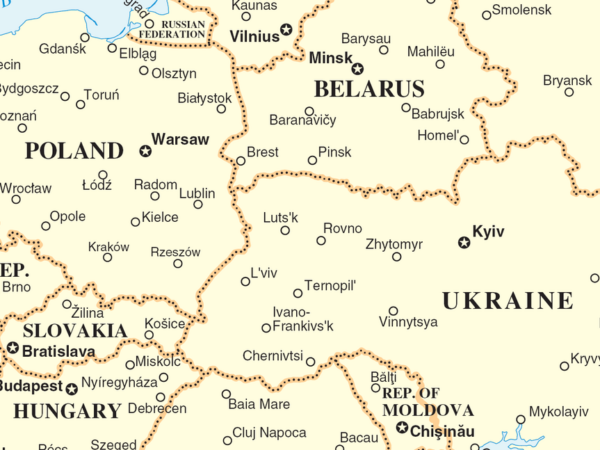
I am a Christian theologian who abhors war and believes that all other reasonable means should be exhausted before the use of lethal force is undertaken. At the same time, I am convinced that there are times – albeit rare – when the evil is so great that no measure other than force will prevent grave atrocities on a massive scale.
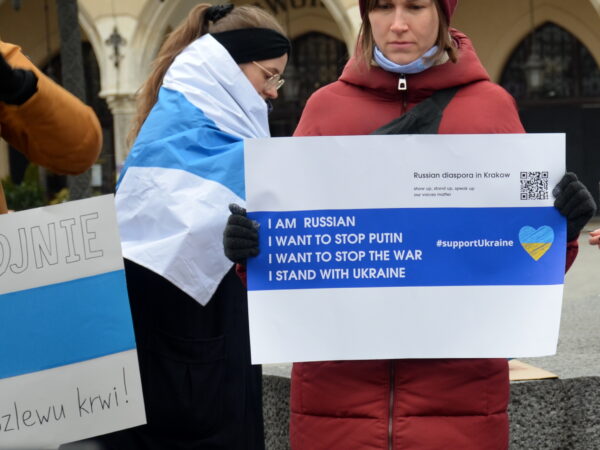
Paul J. Griffiths contends that the hands of every American taxpayer now drip with blood because the U.S. is supporting Ukraine’s war of self defense. American hands might be covered in the blood of innocents from Afghanistan to Somalia to Yemen, but there has been no transgression in Ukraine. In fact, from the perspective of Christian just war reasoning, it can be argued that the U.S. and Europe have not done enough.
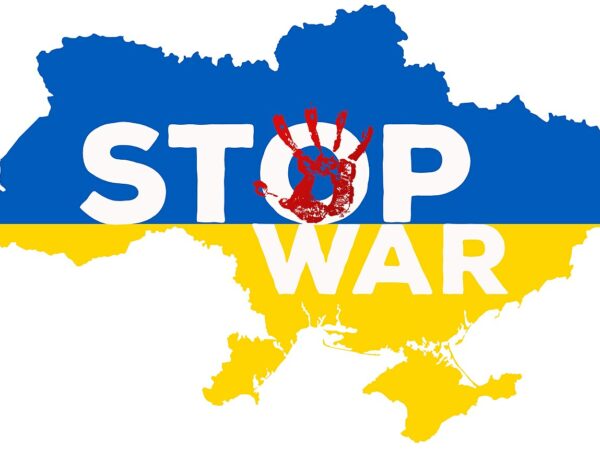
It should be uncontroversial that the Ukrainians have a right to defend their people and their land. However, some have argued that Pope Francis is spearheading a rejection of the just war tradition, replacing it with a thoroughgoing pacifism that would in principle deny this right to the Ukrainian defenders. As an analysis of the Pope’s position, I think this is mistaken.
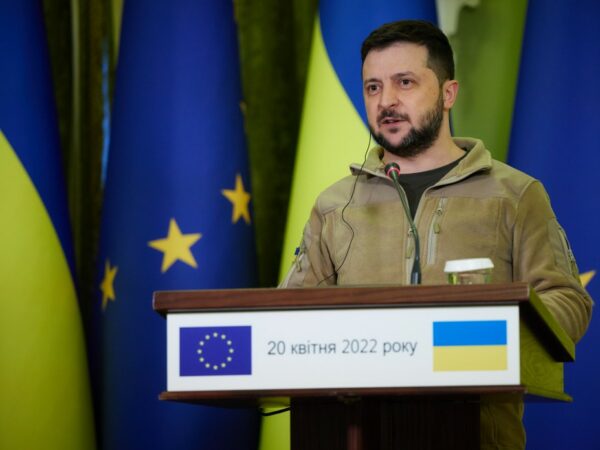
No doubt there are complex reasons of history and diplomacy behind such qualifications and hesitations. But it is accurate to say that they reflect the increasing Catholic skepticism about the moral justification of war at all. But the Ukrainian decision to fight presents an important challenge to that skepticism.
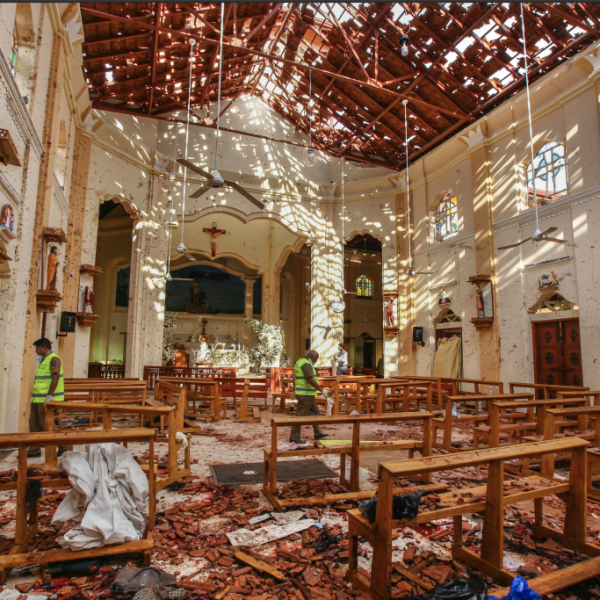
What connections may we draw between attack on the Tree of Life synagogue in Pittsburgh, the Christchurch mosque shooting, African-American church arsons in Louisiana, the Easter Sunday bombing in Sri Lanka, and the synagogue shooting in San Diego?
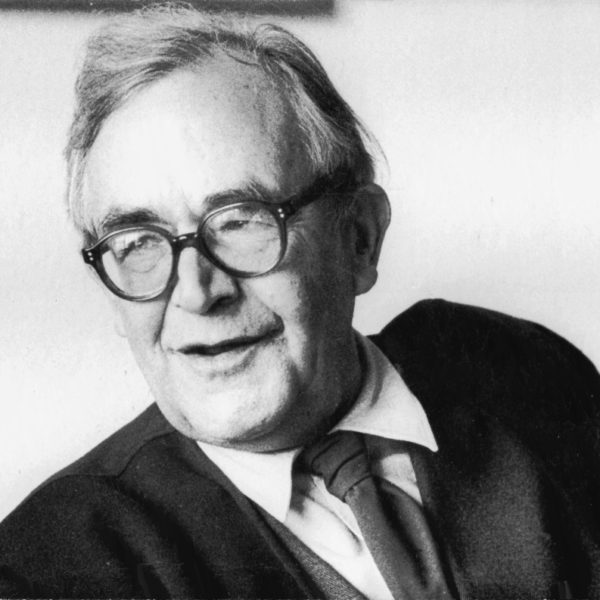
Current crises across the Middle East and other war-torn locations demand careful consideration of war, just war theory, and other tenets of military interventionism. The Christian theologian faces a particularly daunting task in this respect because the eschatological principles of God’s kingdom appear contrary to what might be a faithful Christian ethic in the penultimate present.
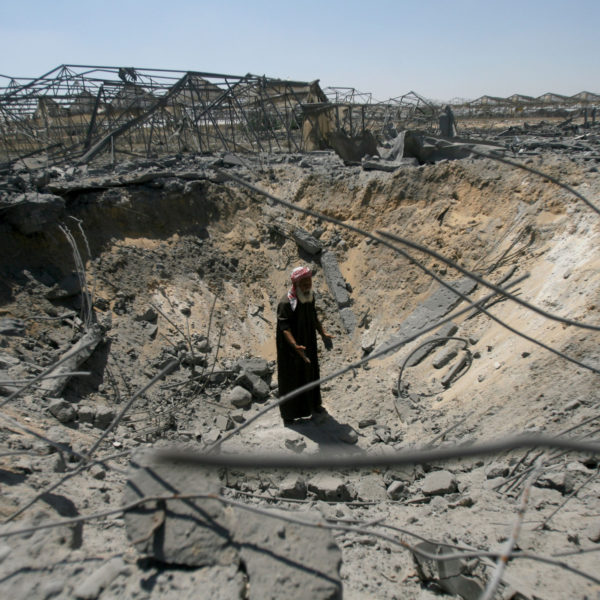
Since World War II, the primary ambition of international humanitarian law — the law of armed conflict — has been to insulate military violence from the civilian population. Military forces are required to identify themselves as such, by wearing clearly marked uniforms, and to discriminate in their selection of targets: They cannot deliberately attack noncombatants or infrastructure that has no military use.

